Autism in Italy
Understanding Autism in Italy: Prevalence, Services, and Societal Challenges

An Overview of Autism Spectrum Disorder in Italy
Italy has seen a significant rise in autism awareness, supported by comprehensive research and evolving legal frameworks. Recent population-based studies estimate that approximately 1 in 77 children aged 7-9 years are diagnosed with ASD, reflecting a growing recognition across diverse regions. This article explores the epidemiology, diagnostic practices, support networks, and societal perceptions shaping the landscape of autism in Italy today.
Prevalence and Epidemiology of Autism in Italy
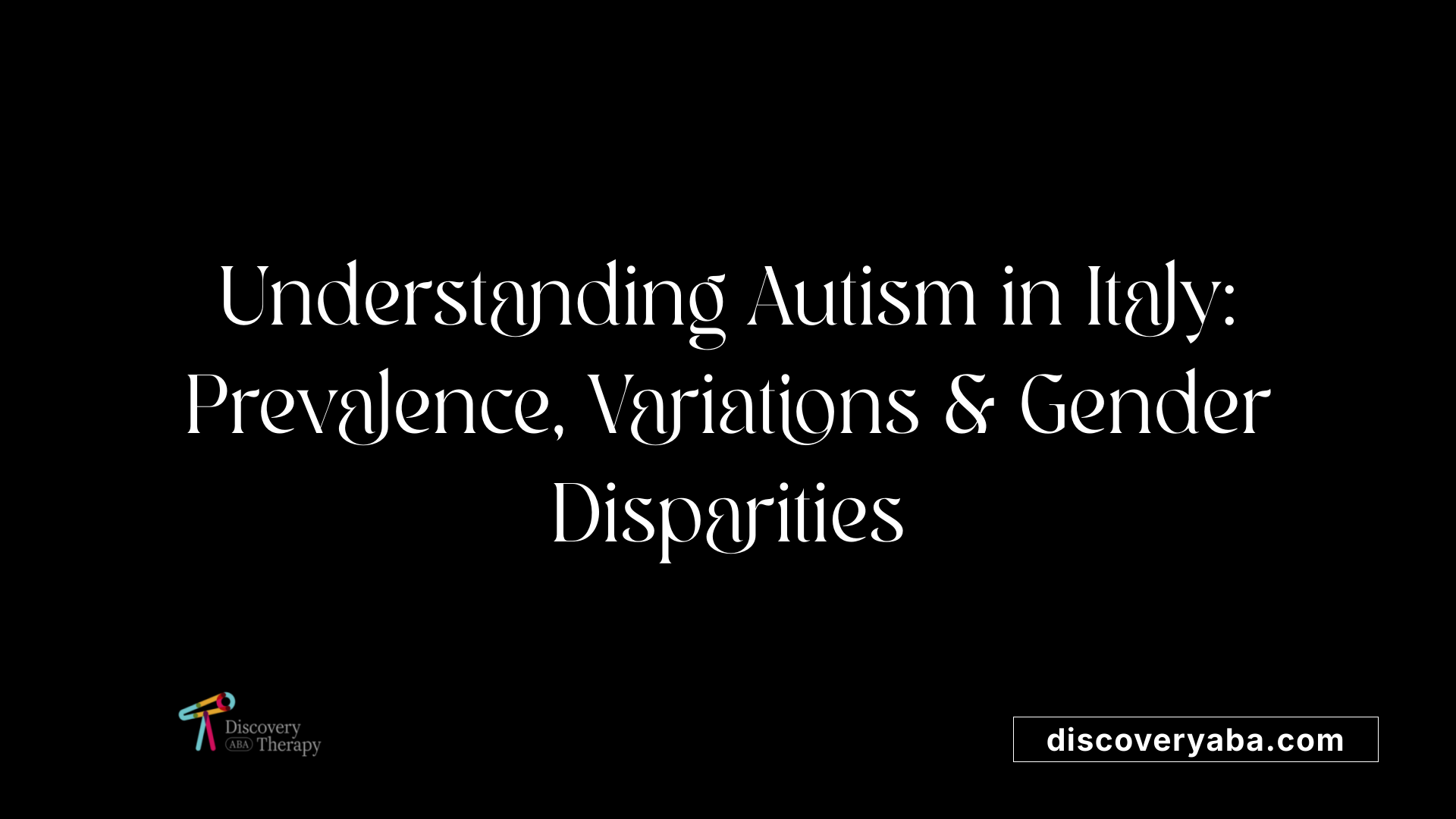
What is known about the prevalence and epidemiology of autism in Italy?
Recent research provides a detailed picture of autism spectrum disorder (ASD) among Italian children. According to a large-scale, population-based study, approximately 13.4 per 1,000 children aged 7-9 are diagnosed with ASD in Italy, which translates roughly to 1 out of every 74 children. This national estimate was achieved through a comprehensive approach promoted by Italy's Ministry of Health and coordinated by the National Institute of Health.
The study collected data from various regions, including northern cities like Lecco and Monza-Brianza, the central region of Rome, and southern cities such as Palermo. Results across these areas showed some regional variation: prevalence rates were highest in the North at about 15.4 per 1,000 children, slightly lower in the Central region, and around 11.8 per 1,000 in the South. Despite these differences, the overall pattern remained consistent across Italy.
Gender differences are pronounced, with boys diagnosed with ASD at a rate approximately 4.4 times higher than girls. This significant disparity highlights gender-specific aspects of ASD prevalence in the country.
The findings, backed by multiple assessment tools including screening questionnaires and clinical interviews, reflect both an increased recognition of autism and improvements in diagnostic practices over recent years. As awareness grows and diagnostic methods evolve, Italy's understanding of ASD continues to deepen, guiding health policies and resource allocation for affected individuals.
Methods of Screening, Diagnosis, and Assessment
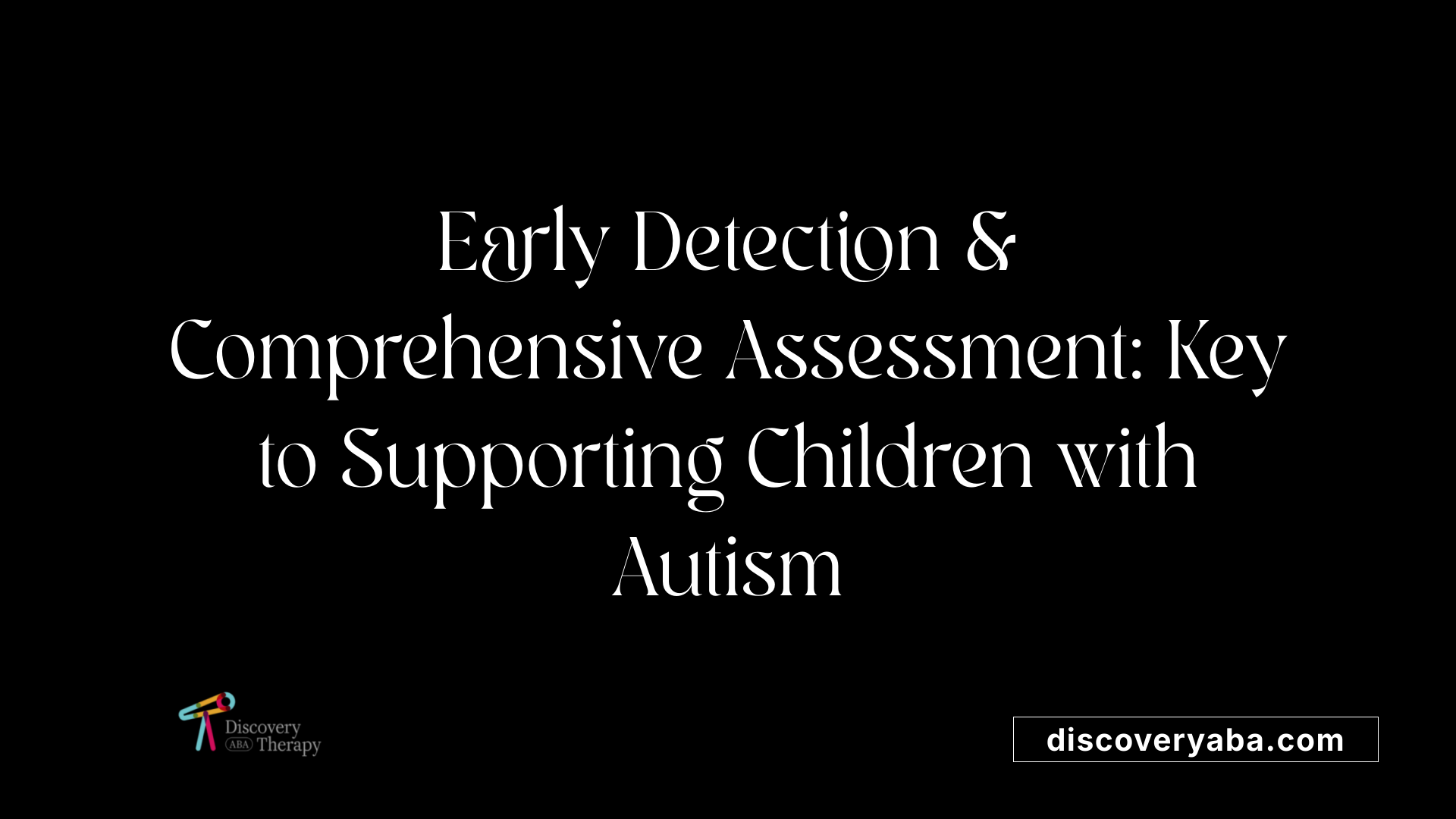 In Italy, autism diagnosis and assessment involve comprehensive multidisciplinary approaches that utilize standardized tools and clinical evaluations. These methods include well-established instruments like the Autism Diagnostic Observation Schedule (ADOS) and the Childhood Autism Rating Scale (CARS), along with personalized clinical assessments tailored to each child's needs.
In Italy, autism diagnosis and assessment involve comprehensive multidisciplinary approaches that utilize standardized tools and clinical evaluations. These methods include well-established instruments like the Autism Diagnostic Observation Schedule (ADOS) and the Childhood Autism Rating Scale (CARS), along with personalized clinical assessments tailored to each child's needs.
Nationwide, early screening programs are actively implemented to identify ASD cases at an early stage. These programs often incorporate parent questionnaires, such as the Social Communication Questionnaire (SCQ), teacher nominations, and data from population-based epidemiological studies. Such multi-pronged strategies help ensure a broad and inclusive identification process.
Italy emphasizes the importance of holistic and person-centered assessments that go beyond standard checklists. Professionals explore ecological life balance, support needs, and individual preferences to develop a comprehensive understanding of each child’s unique profile. This approach informs personalized planning and intervention.
Recent legislative acts, including Law 112/2016 and Legislative Decree 62/2024, reinforce the focus on tailored assessments. They promote plans centered on fostering autonomy, social inclusion, and improving quality of life, ensuring that evaluations lead to meaningful support services.
National guidelines and health initiatives support the integration of early detection efforts with multidimensional evaluation processes. These systems aim to coordinate healthcare and social services effectively, facilitating timely diagnoses and personalized intervention strategies for children across Italy.
Support Services, Organizations, and Community Resources
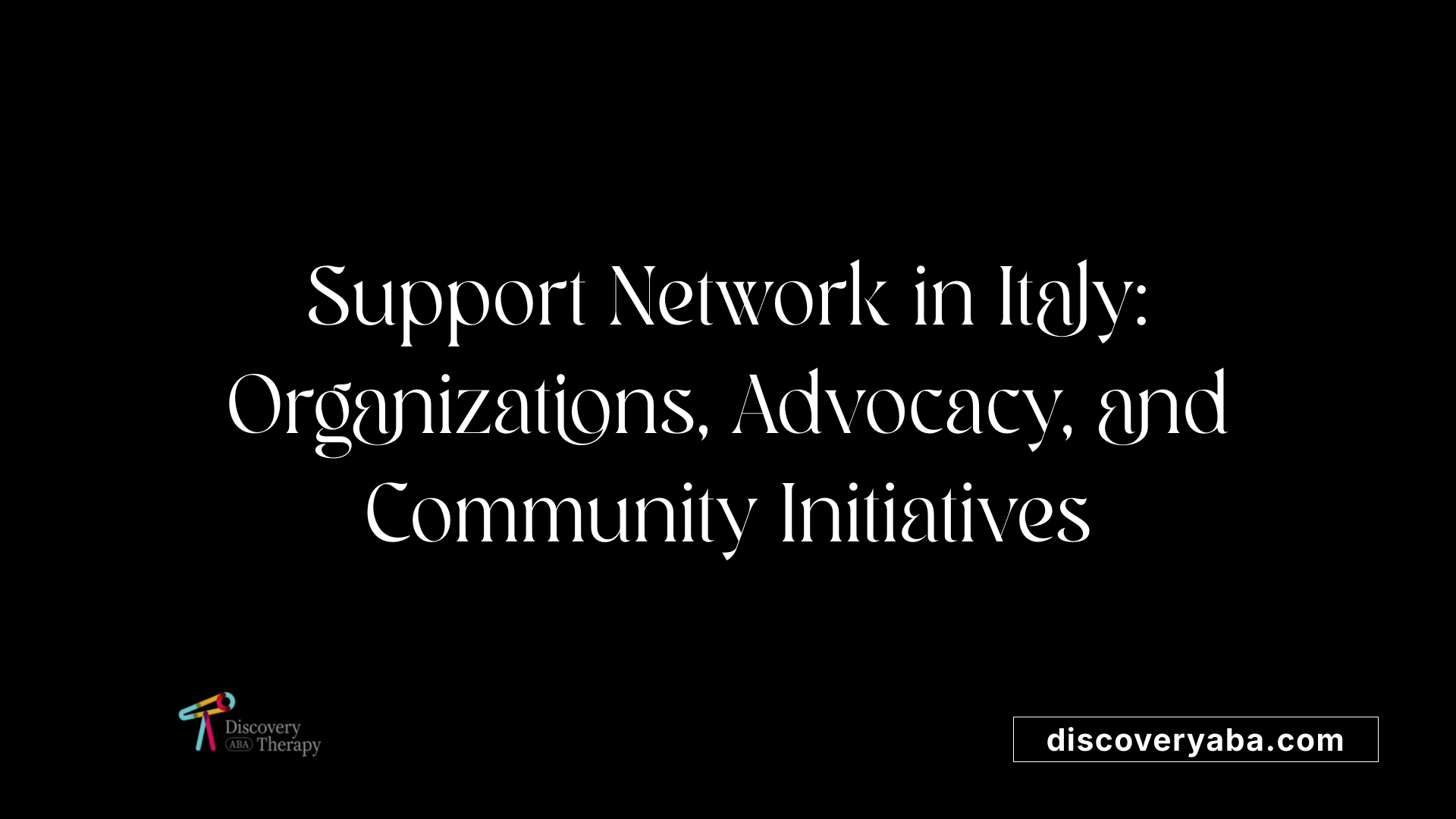
What organizations and initiatives support individuals with autism in Italy?
Italy hosts a variety of organizations dedicated to supporting people with autism through a combination of services, advocacy, and research. Since its founding in 1970, AIABA (Associazione Italiana per l’Autismo e le Amministrazioni Pubbliche) has been a prominent presence, providing diagnosis, treatment, and recreational activities in Florence. The organization also leads initiatives like ‘Dopo di Noi,’ aimed at supporting adults with autism whose caregivers are no longer able to provide care.
Autism advocacy is further strengthened by groups such as Asperger Pride Italy, established in 2011 by autistic individuals themselves. This organization works to promote self-advocacy, awareness, and acceptance through social media campaigns and partnerships with regional autism groups. Other notable entities include Autismo Italia and the Associazione Nazionale Geitori Soggetti Autistici, which offer specialized support, resources, and community engagement.
In addition to these, AutismService, based in Florence, provides assessments, therapies, and intervention services tailored to individuals with ASD, PDD, ADHD, and related syndromes like Asperger, Rett, and Angelman. Educational institutions also contribute, with Sapienza University of Rome hosting autism self-help groups for students, fostering a supportive environment for university-aged individuals to share experiences and access resources.
Overall, Italy’s diverse network of organizations plays a vital role in offering comprehensive support through clinical services, community engagement, advocacy, and academic involvement, helping to improve quality of life for individuals with autism and their families.
Legal Frameworks, Employment Challenges, and Social Attitudes
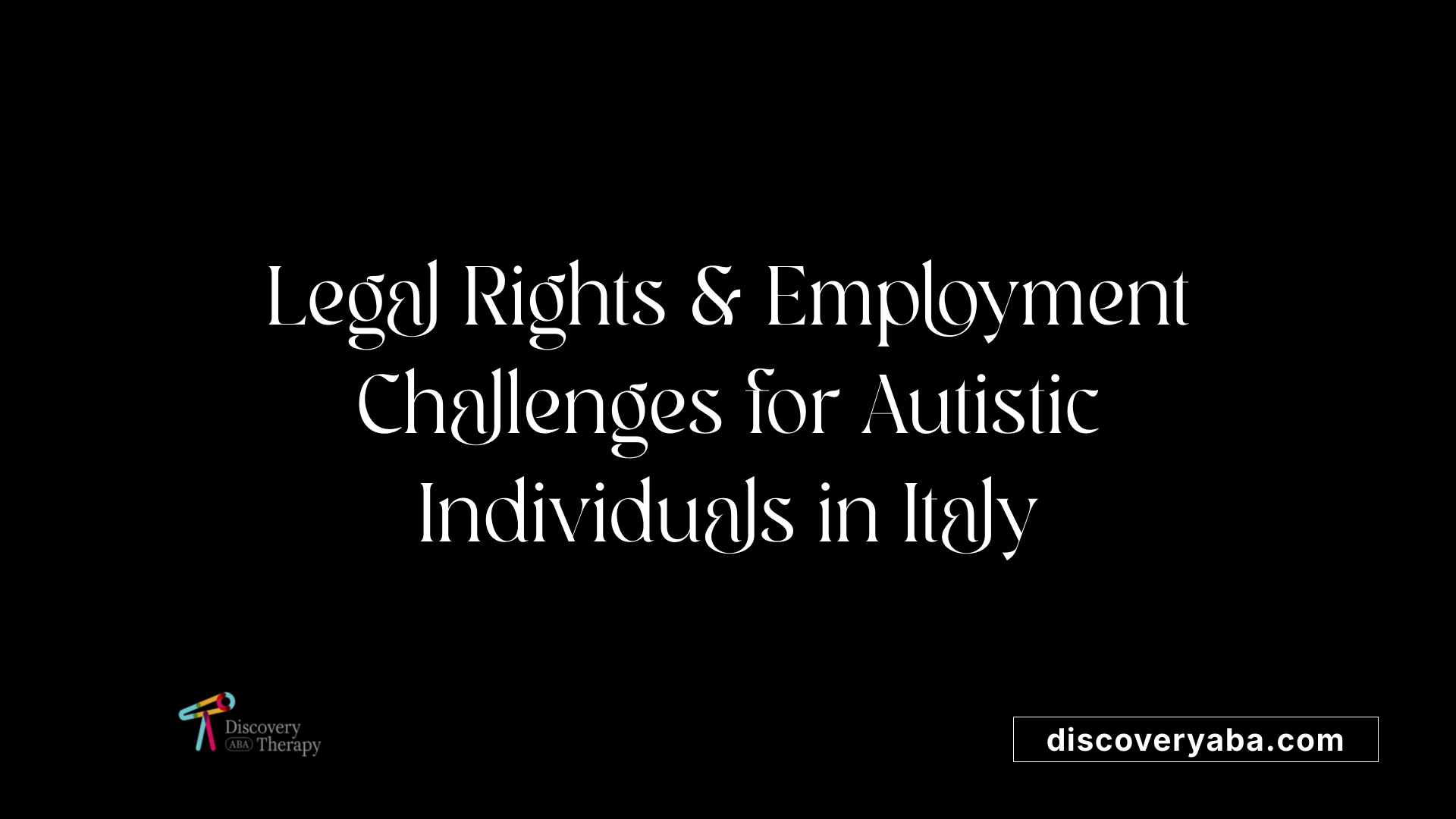
What are the legal frameworks, policies, and employment challenges related to autism in Italy?
Italy has established laws aimed at protecting and supporting individuals with disabilities, including those on the autism spectrum. Notably, Law no. 104/1992 (Law for Assistance, Social Integration, and Rights of Disabled People) defines and assesses the degree of handicap, which influences access to various services and protections.
Additionally, Law no. 68/1999 promotes equal employment opportunities for disabled persons. It requires companies with more than 15 employees to allocate a certain percentage of jobs to individuals with disabilities, including those with autism if they meet a handicap threshold of 45% or more.
Despite these legislative protections, significant barriers persist in the workplace and broader society. Autism is still classified within psychiatric conditions, which can foster stigma and misconceptions among employers and the public.
Employment rates for autistic individuals remain low—fewer than 10% find stable jobs. Challenges include stereotypes, social discrimination, and a lack of workplace accommodations tailored to neurodiverse needs.
There are a few specialized initiatives, such as social enterprises and support centers run by organizations like AutismService, which assist in employment placements. Universities and some companies are beginning to implement inclusive practices, but these efforts are not widespread.
A critical issue is that many autistic workers do not disclose their diagnosis to avoid discrimination, further complicating hiring and support processes. Overall, while Italy's legal frameworks recognize the importance of employment for disabled and autistic persons, practical implementation and cultural acceptance require substantial improvement.
Cultural and Societal Influences on Autism Perception and Management
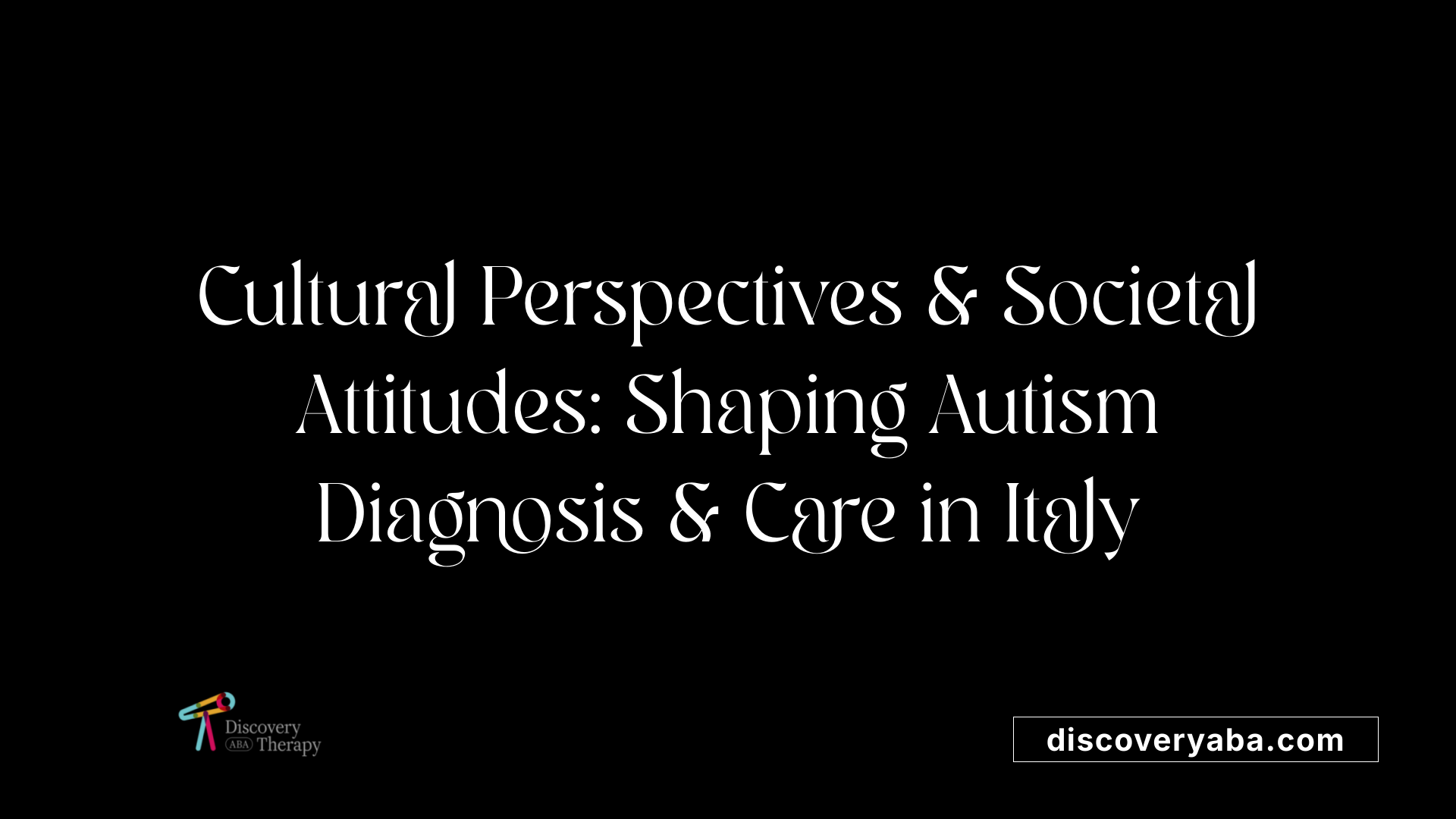
How do cultural and societal factors influence autism diagnosis and treatment in Italy?
In Italy, societal attitudes and cultural norms significantly shape how autism is perceived, diagnosed, and managed. The collective understanding of developmental differences influences both caregiver perceptions and the responsiveness of health and educational services.
Many Italian caregivers approach autism through a lens influenced by cultural beliefs about mental health and disability. This can affect how symptoms are reported and whether families seek diagnosis early or delay intervention. The stigma associated with psychiatric conditions often complicates open discussions about autism, leading to hesitations in pursuing assessments.
Local norms also impact parental responses. In Italy, laws such as Law no. 517/1977 and Law no. 104/1992 emphasize the right of children with autism to attend mainstream schools, promoting inclusive education. This legal framework encourages families to pursue educational support but also reflects societal recognition of autism as a condition requiring social integration.
Furthermore, perceptions of medicalization—how autism is understood within medical versus social models—are influenced by cultural discourses. Italian parents often navigate between accepting medical labels and resisting over-medicalization, which can shape acceptance and engagement with intervention services.
In terms of healthcare, availability and access to specialized therapies are aligned with societal attitudes. Regions with more progressive views on mental health tend to offer better resources and more inclusive support systems.
Overall, Italian cultural perceptions about autism, driven by societal norms, influence the entire diagnostic and therapeutic pathway. They shape not only how autism is understood within communities but also how health systems organize responses and support for individuals on the spectrum.
Advancing Autism Awareness and Inclusion in Italy
Italy has made significant strides in understanding and supporting autism, from epidemiological research to legislative protections. However, challenges such as societal stigma, disparities in service access, and employment barriers remain. Continued efforts in public awareness, professional training, and inclusive policies are essential to fostering an environment where autistic individuals can thrive. The collaborative efforts of government agencies, non-profit organizations, healthcare providers, and communities are vital to achieving a more inclusive and supportive society for all.
References
- Autism spectrum disorder prevalence in Italy: a nationwide ...
- Autism spectrum disorder prevalence in Italy: a nationwide ...
- Fondazione bambini e autismo - Who we are
- Autism spectrum disorder prevalence in Italy: a nationwide ...
- Autism Support and Services in Italy - ABATherapistJobs.com
- Prevalence of Autism Spectrum Disorder in a large Italian ...
- World Autism Day: Italy and the U.S. Share the Battle, But ...
- Embracing and rejecting the medicalization of autism in Italy
- About AutismService
Does Your Child Have An Autism Diagnosis?
Learn More About How ABA Therapy Can Help
Find More Articles
Contact us
North Carolina, Nevada, Utah, Virginia
New Hampshire, Maine
Arizona, Colorado, Georgia, New Mexico, Oklahoma, Texas
.avif)




.jpeg)
.webp)
.jpeg)



.jpeg)






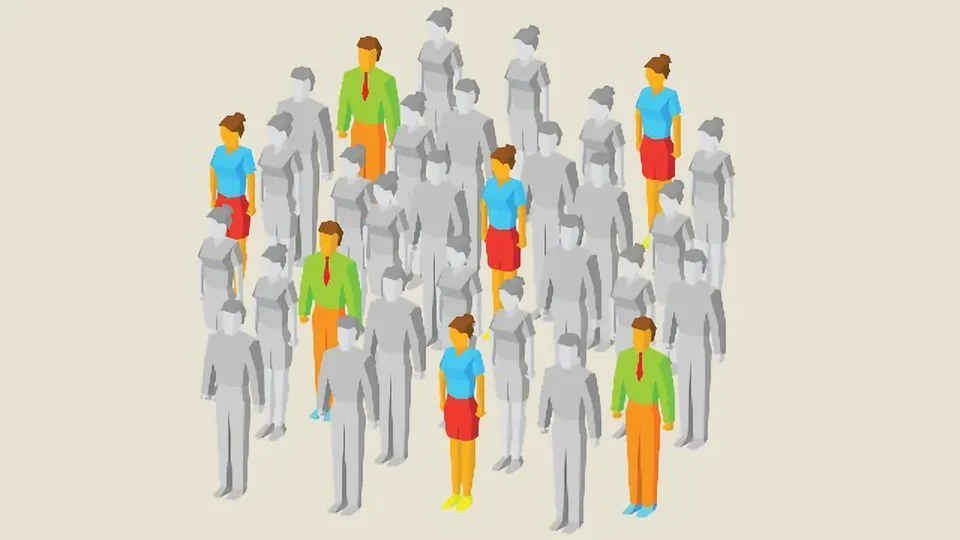


.jpeg)
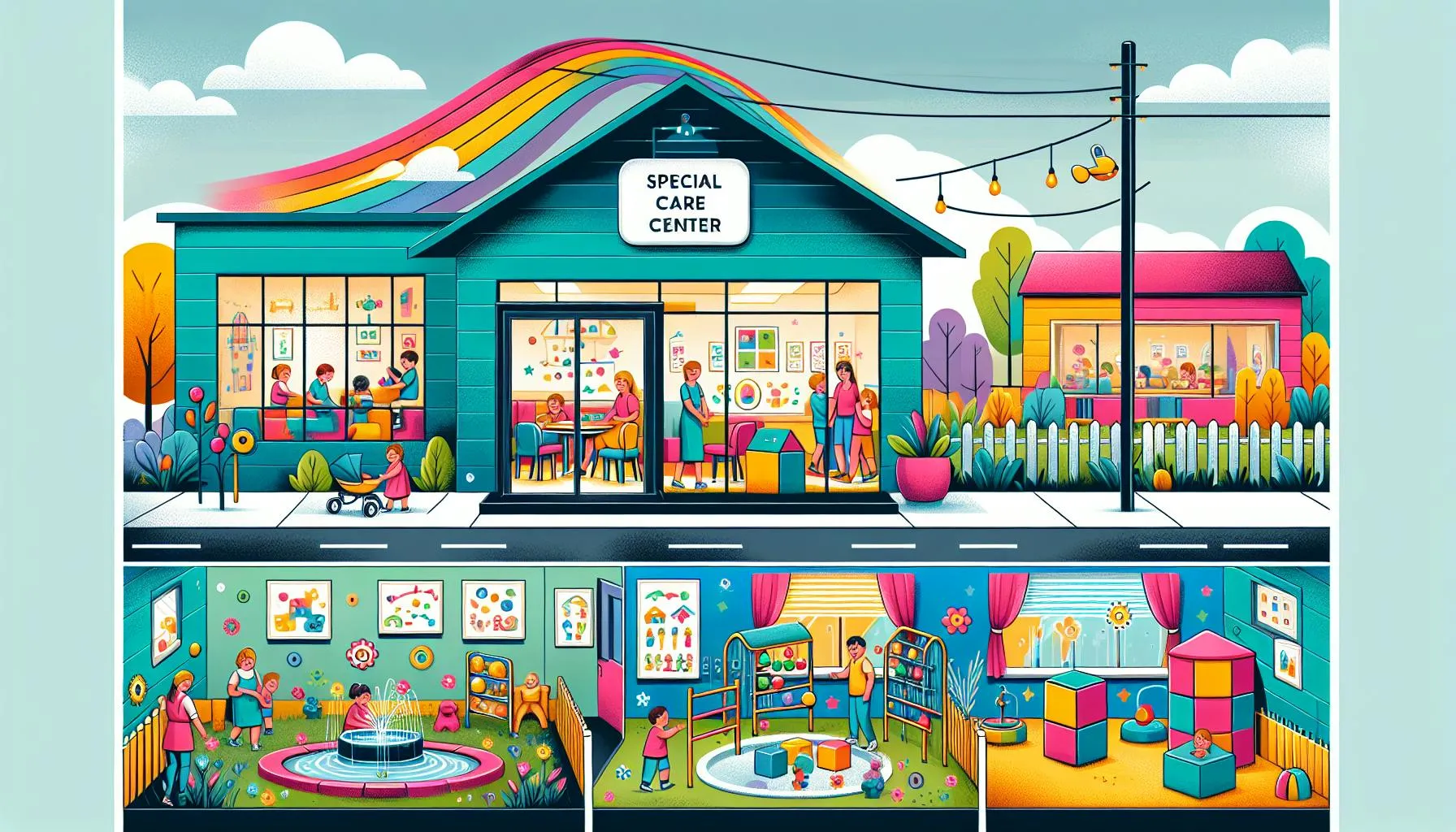
.jpeg)

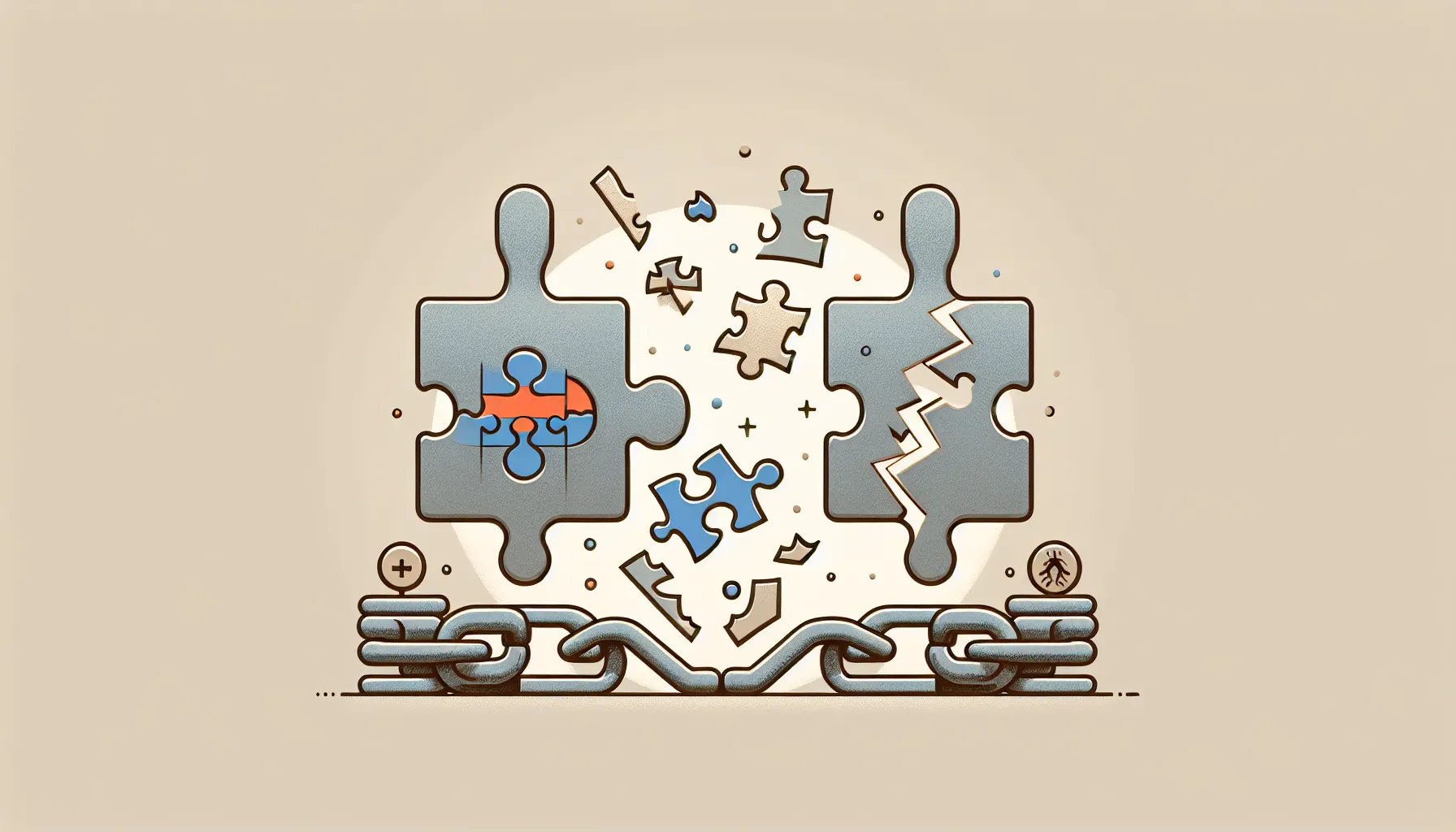



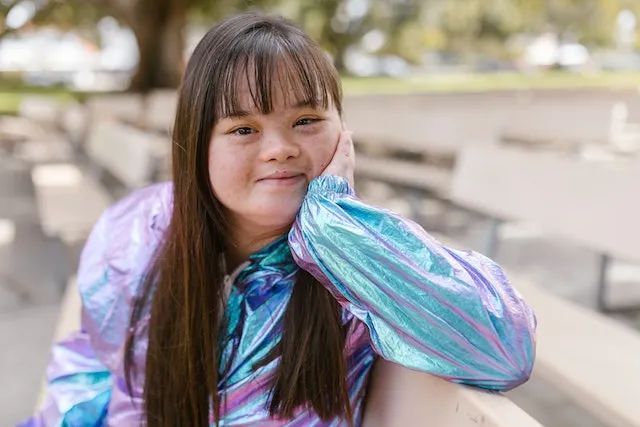
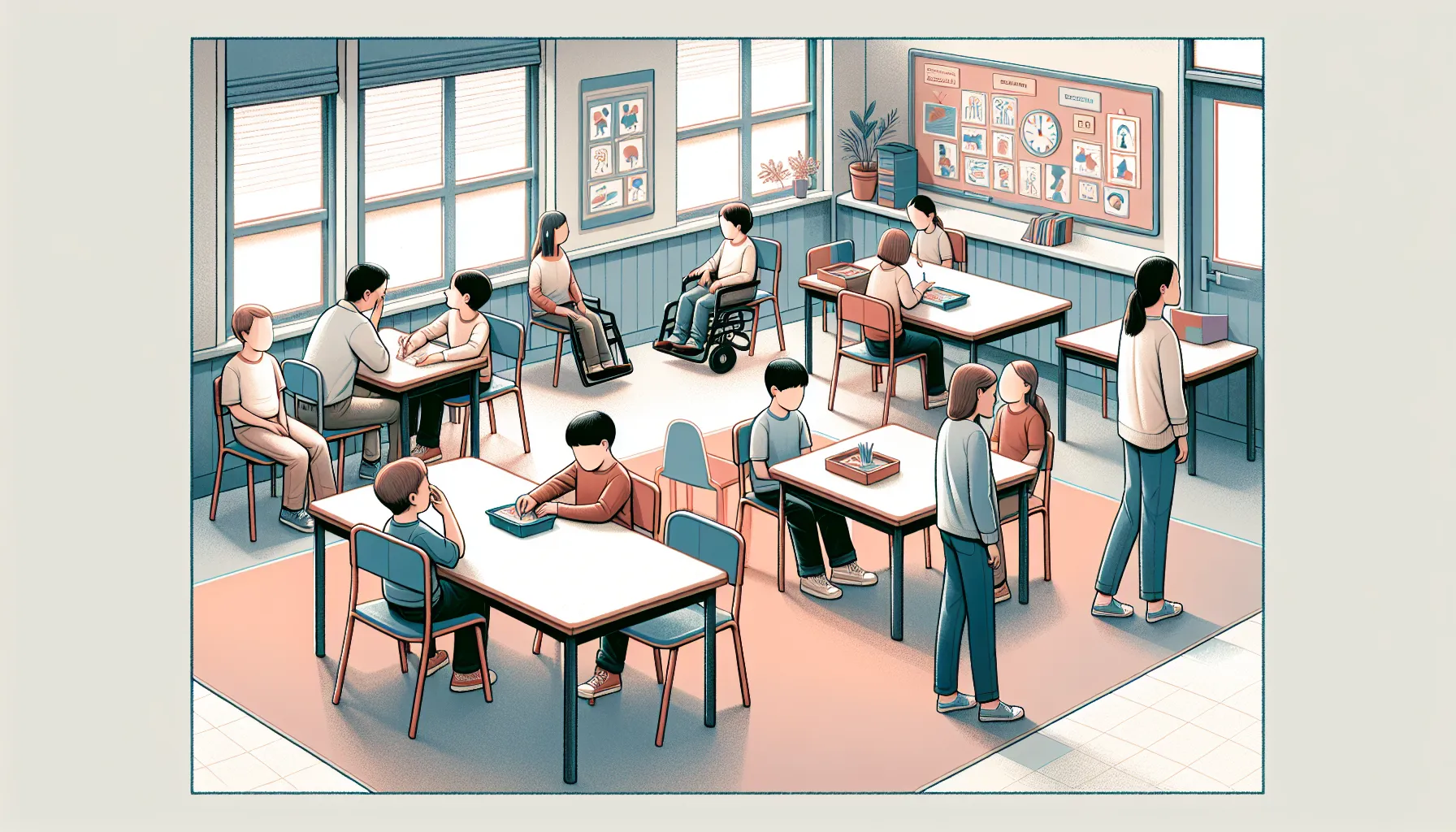

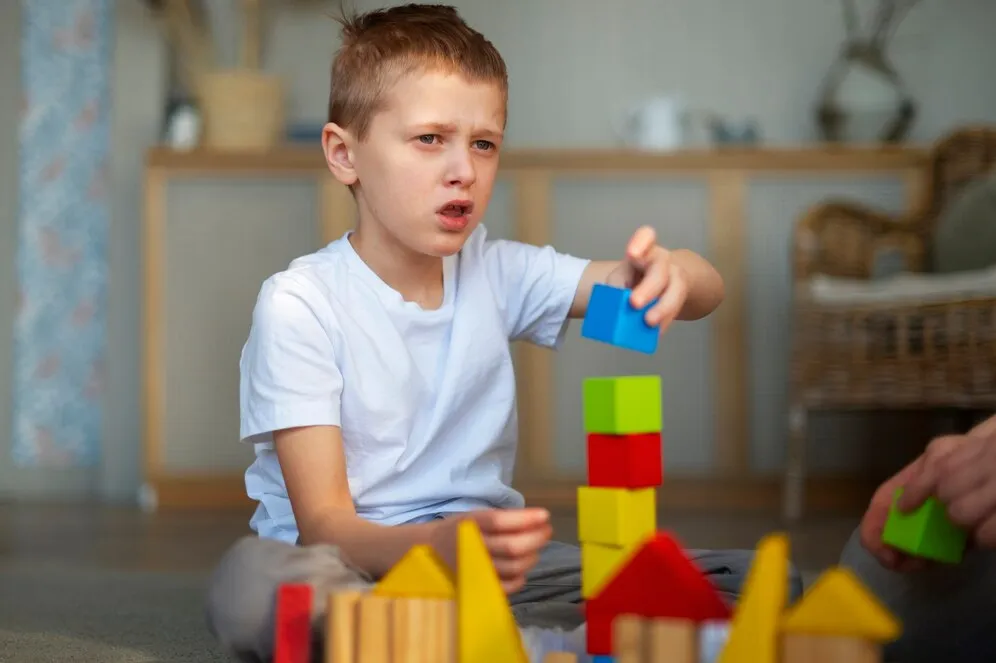

.jpeg)

.jpeg)

.jpeg)

.webp)
.jpeg)


.jpeg)
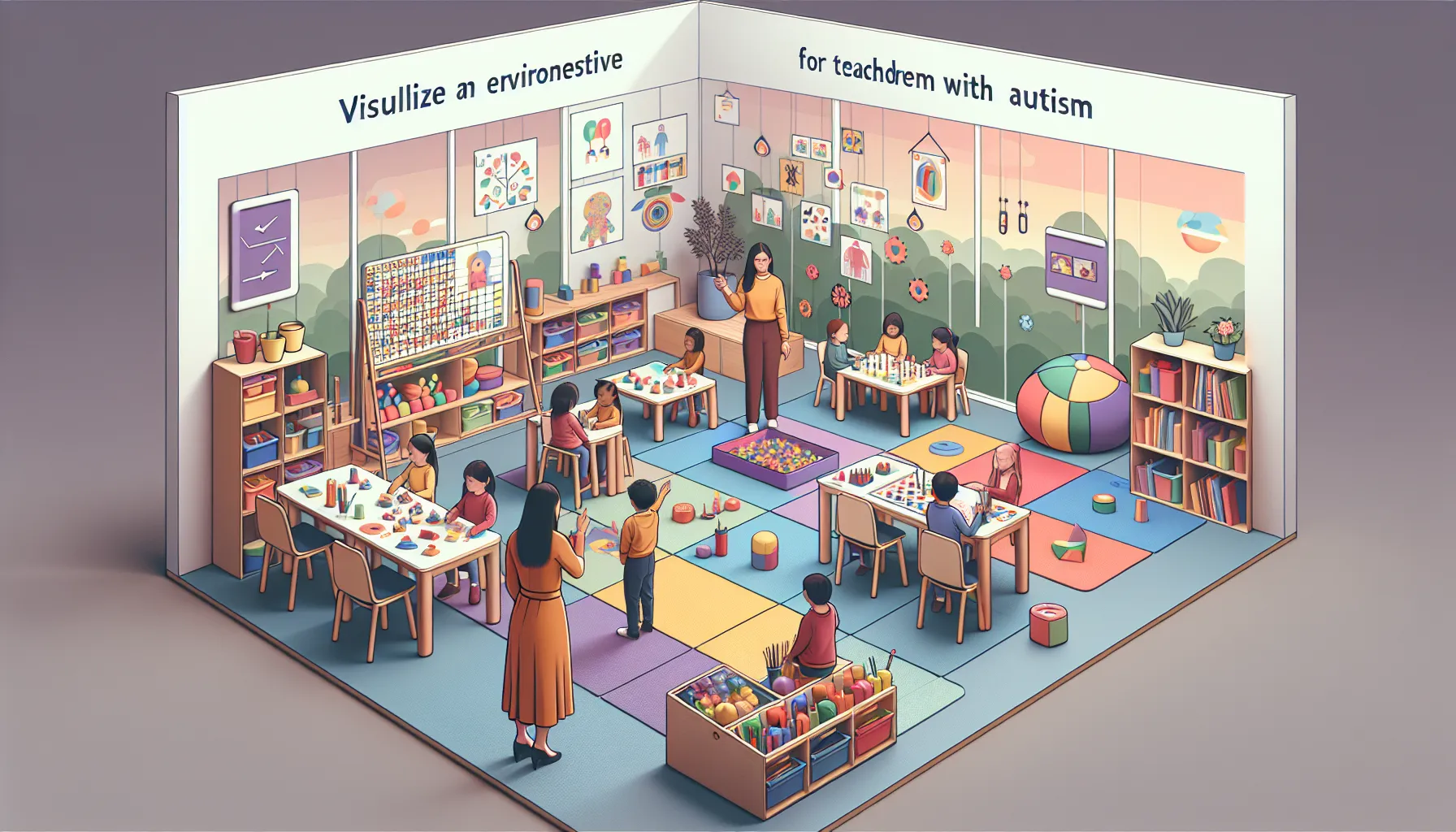


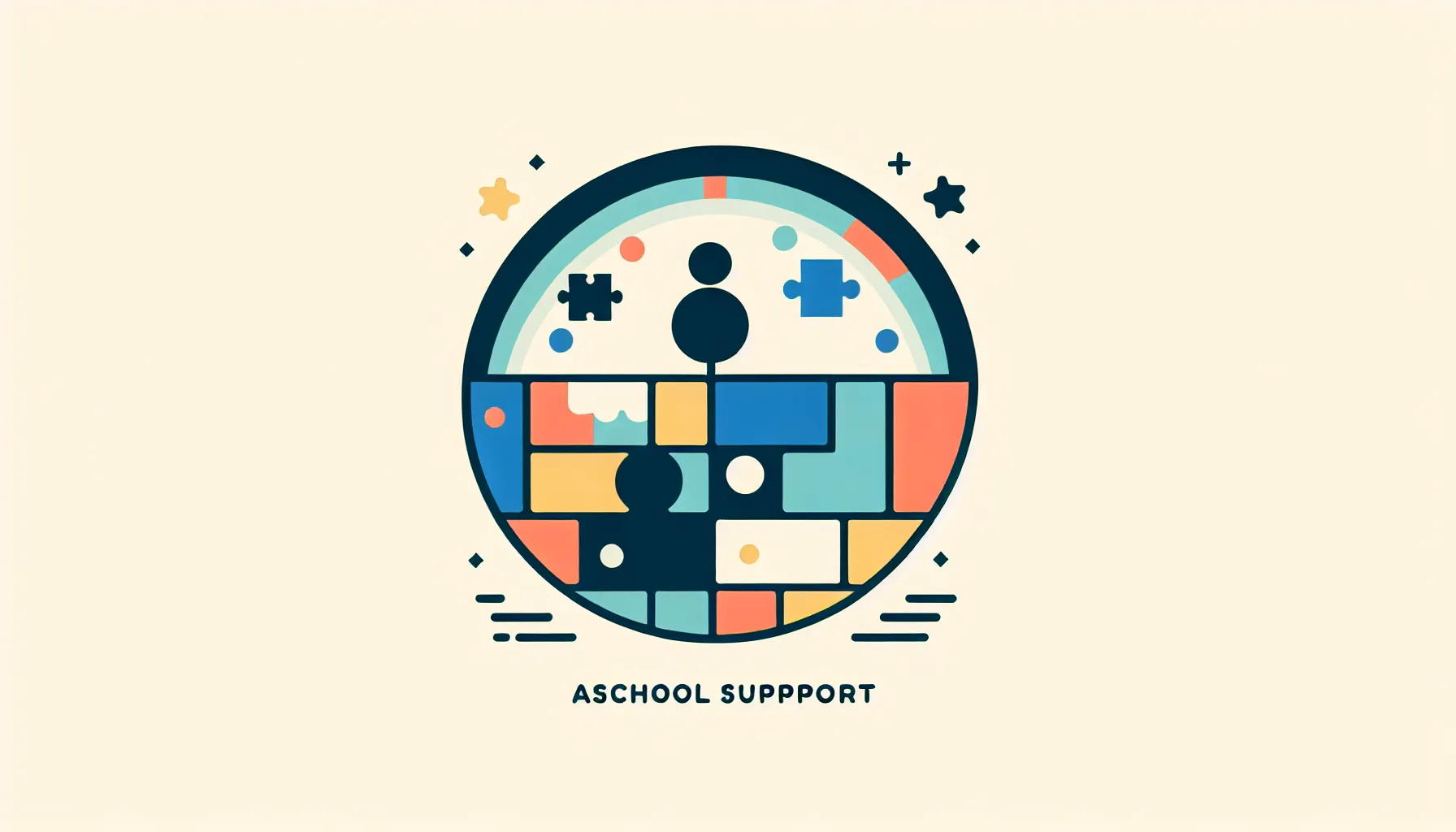


.webp)
.jpeg)

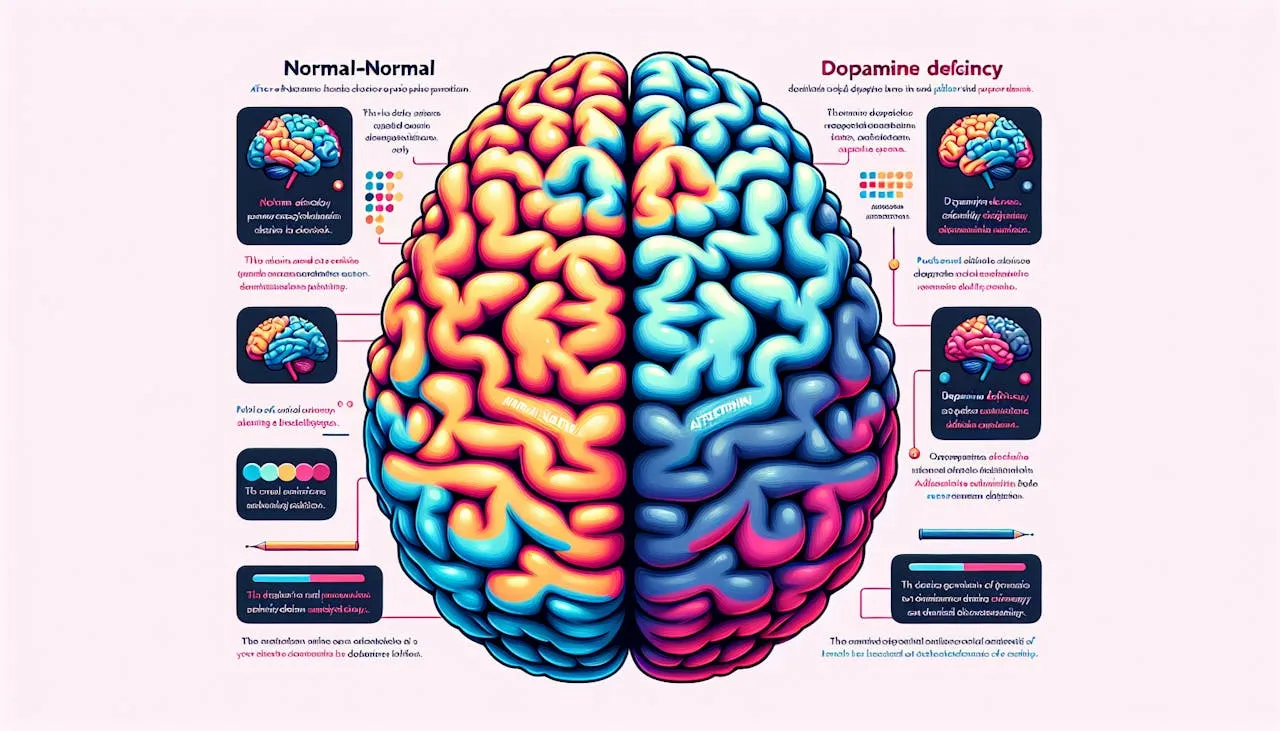
.jpeg)








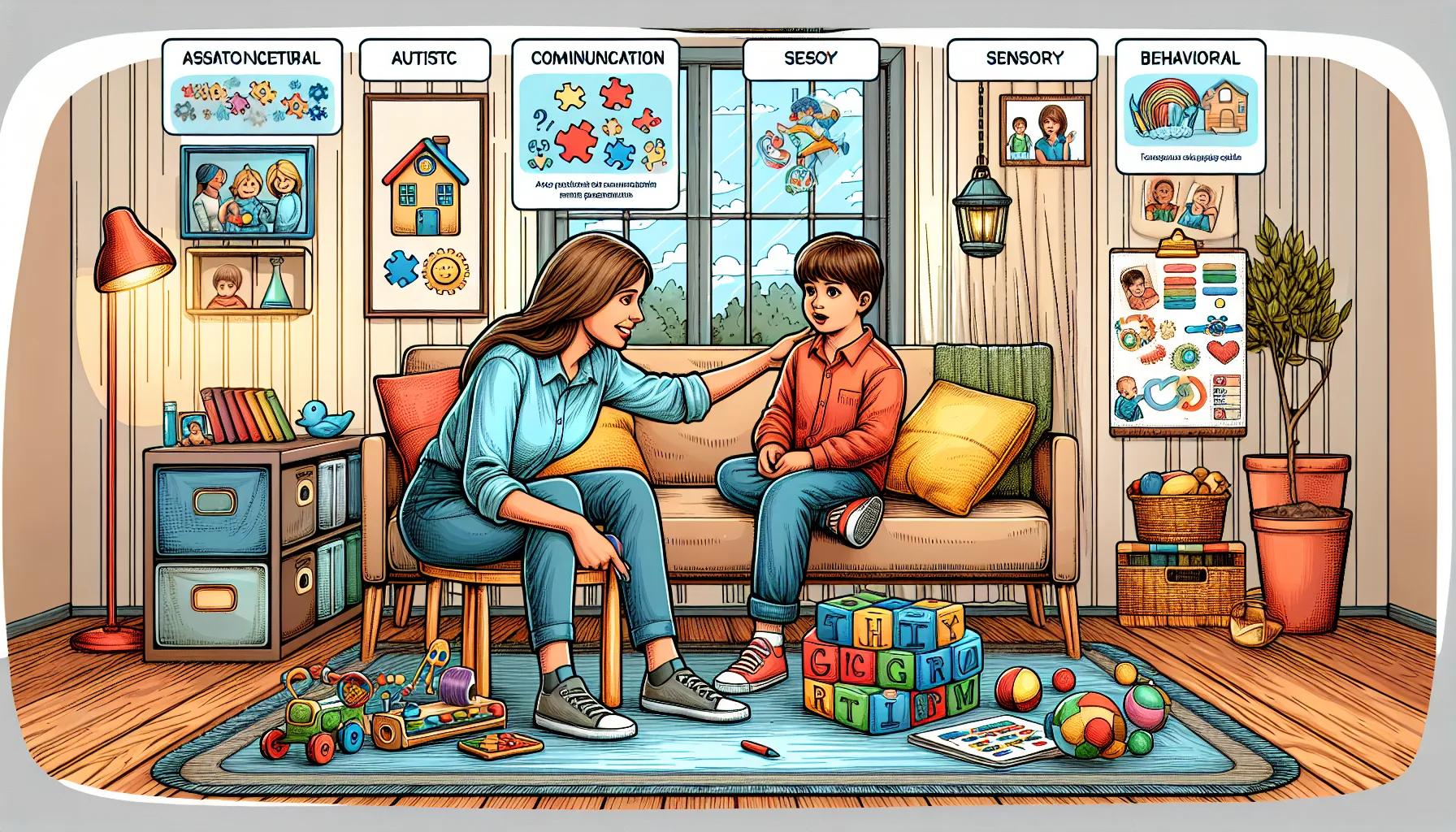
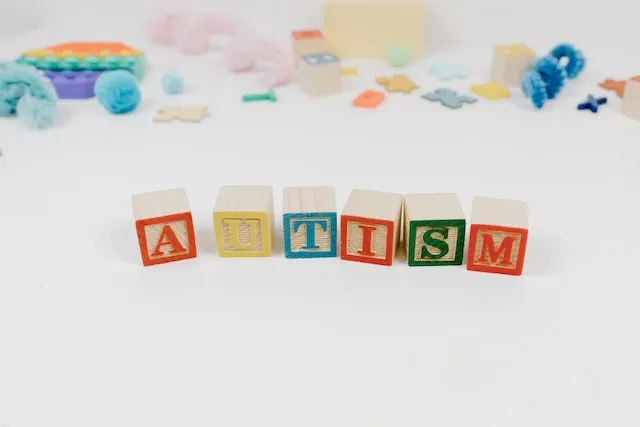
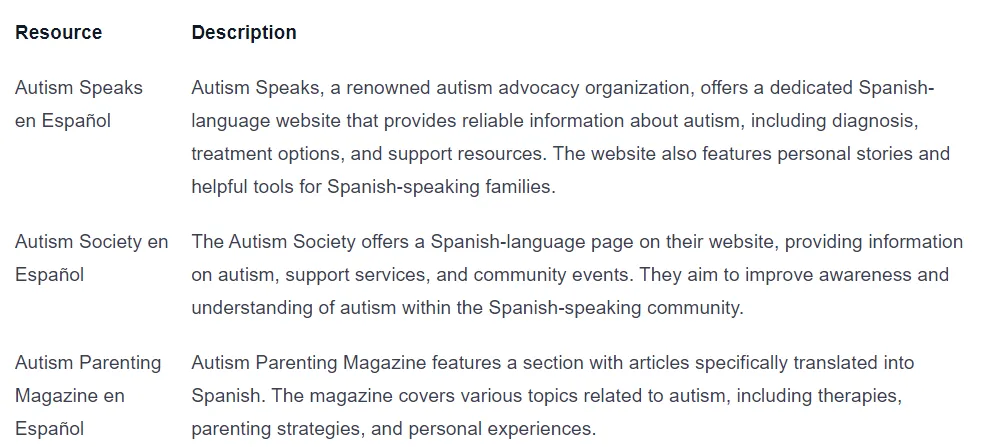
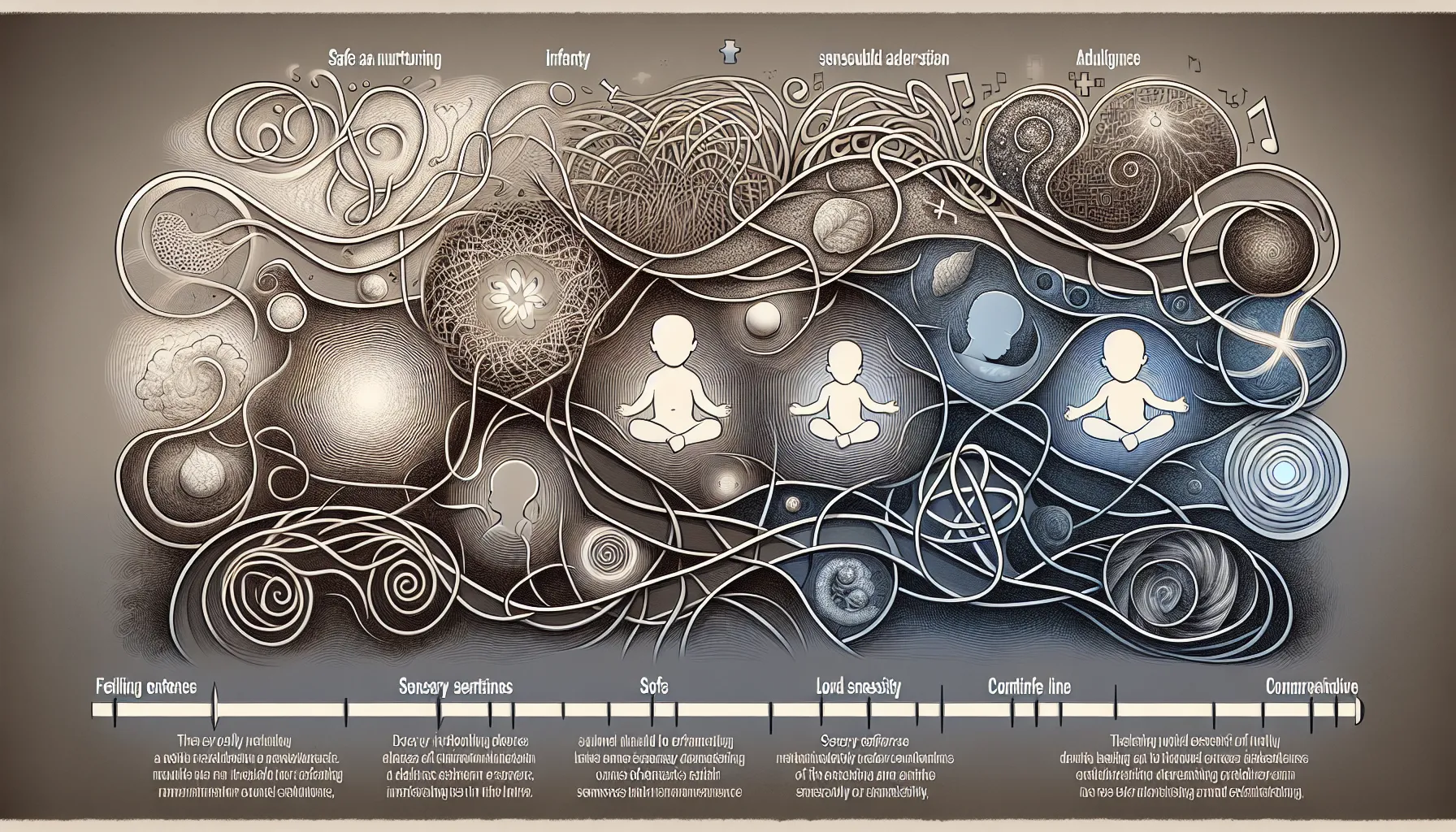

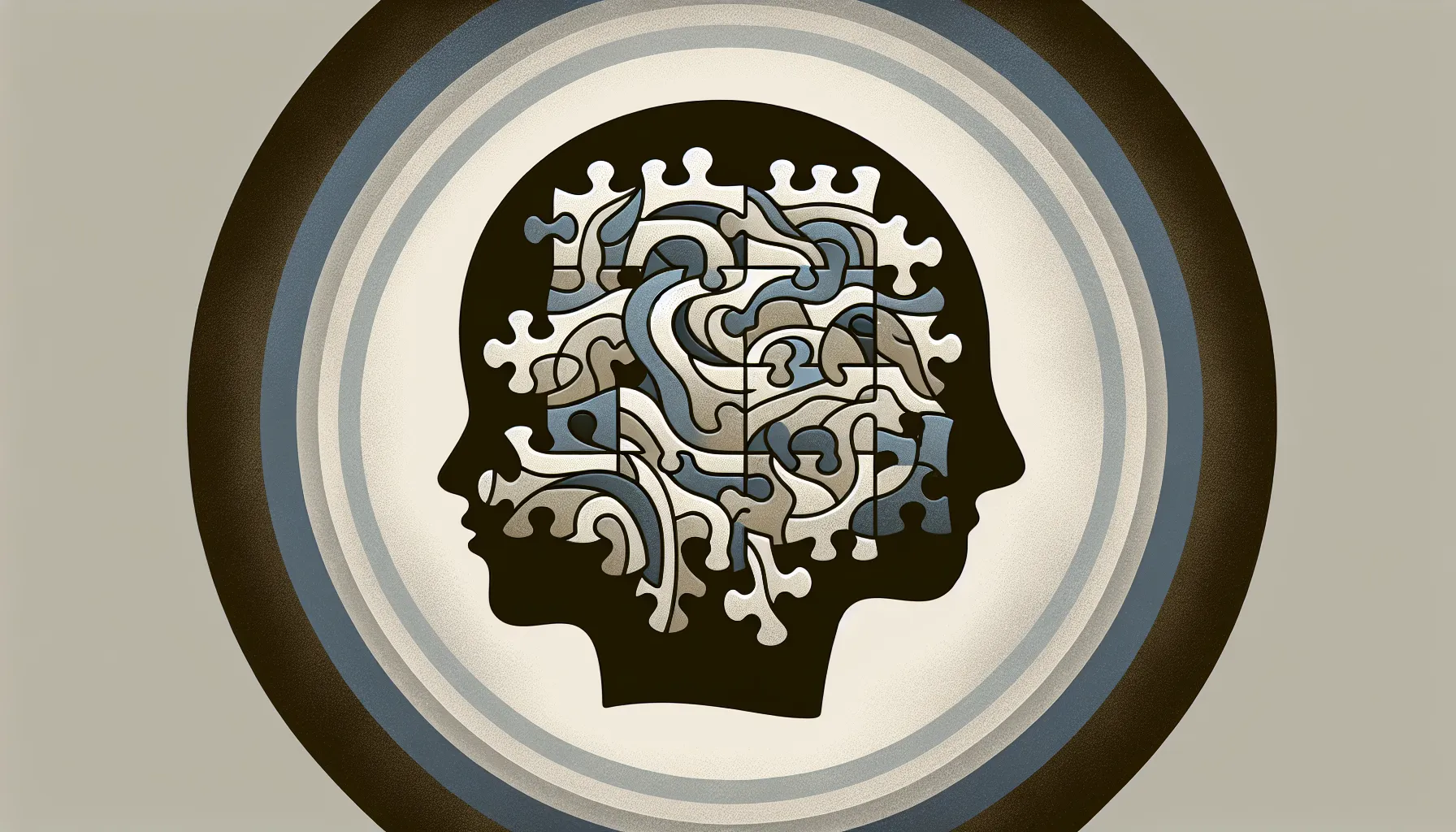


%2520(1).jpeg)
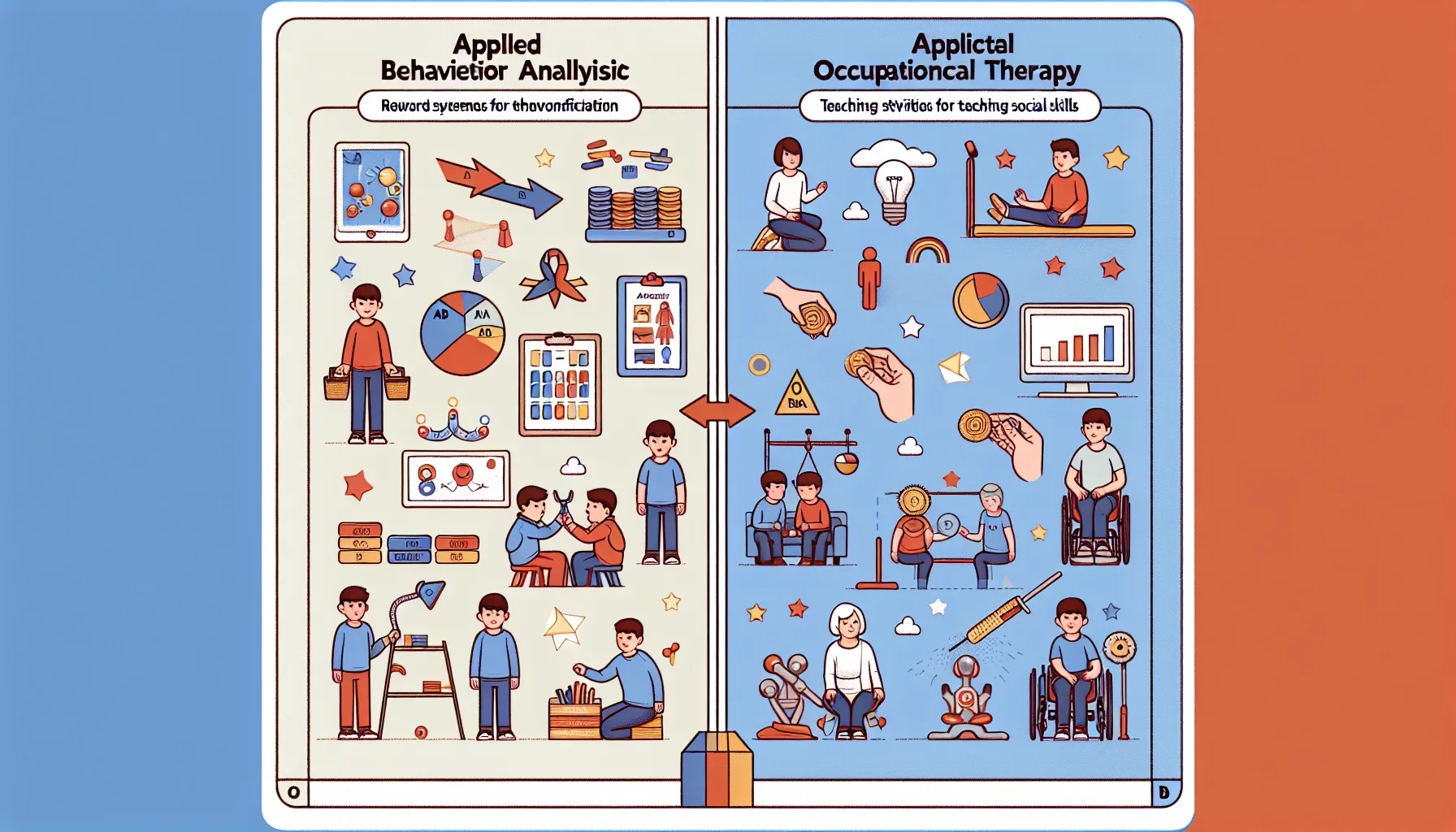

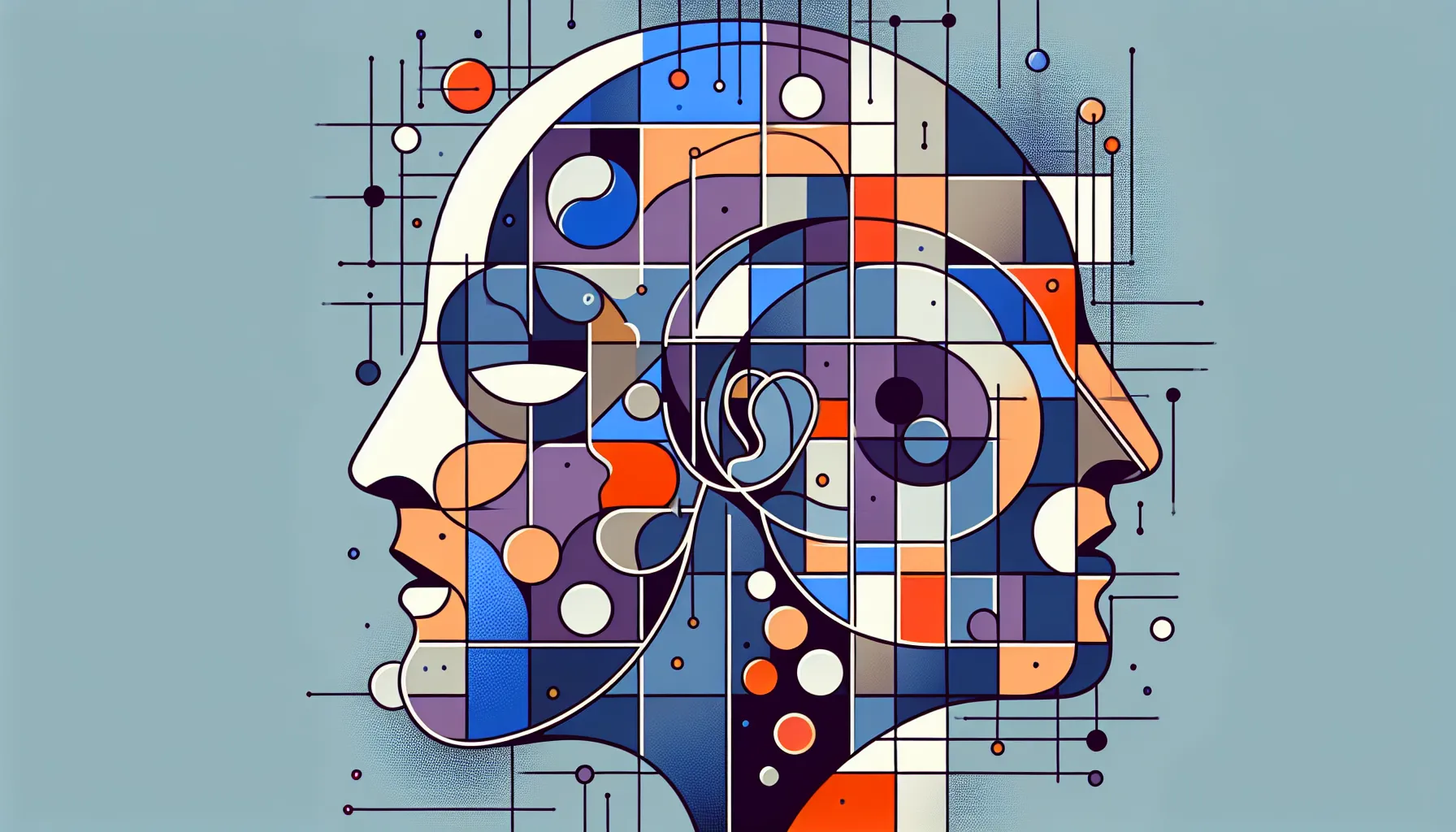
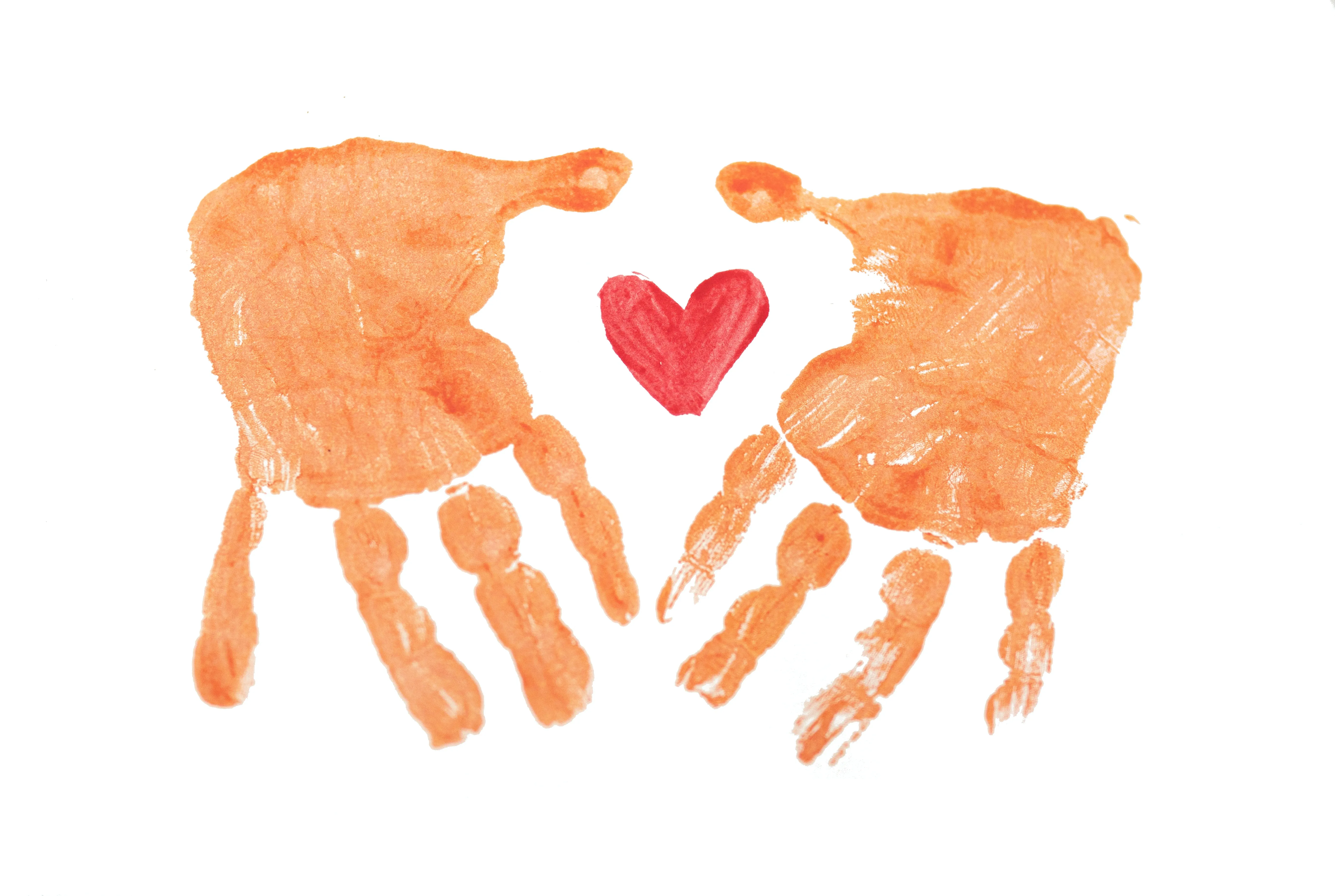




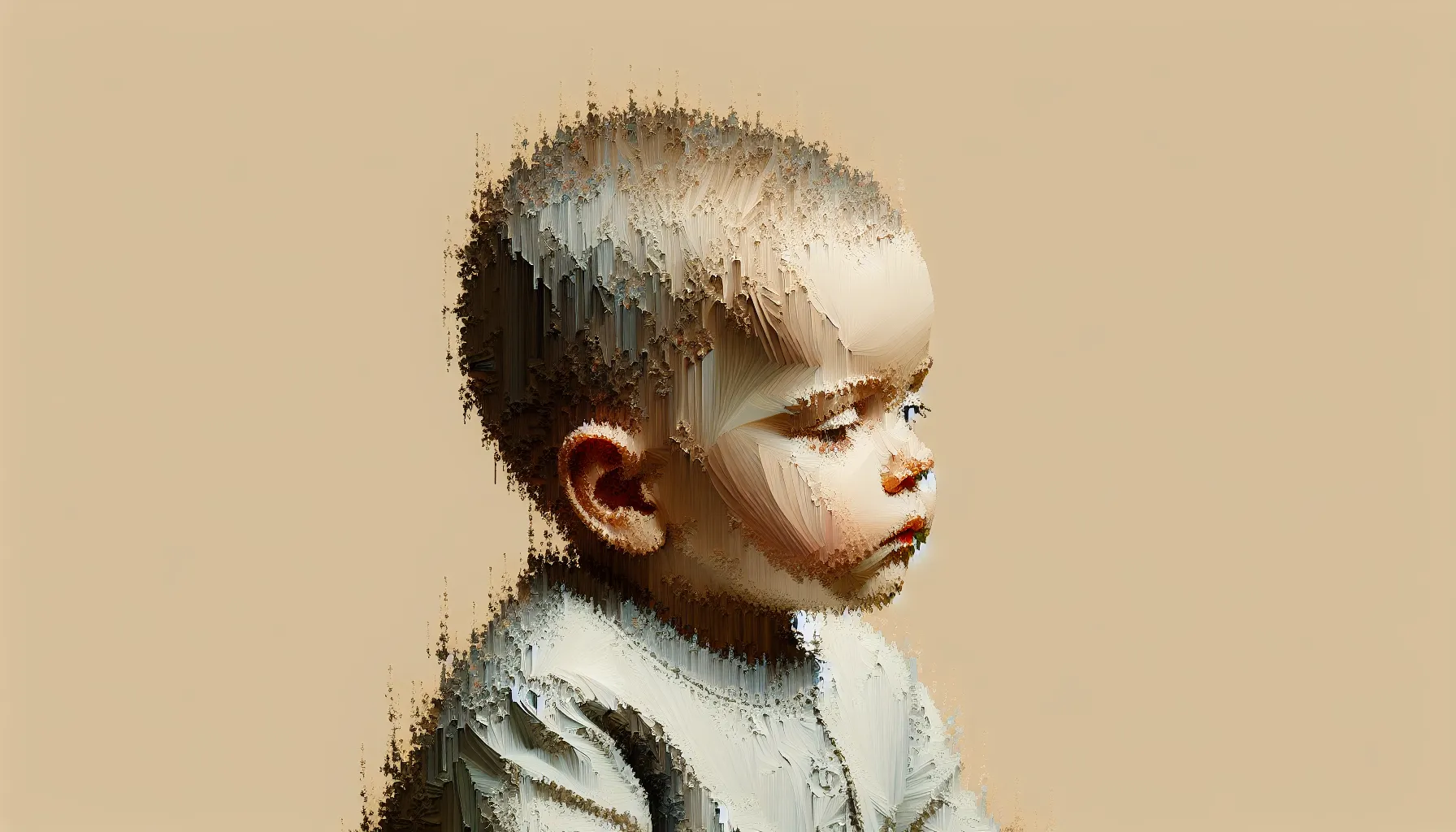
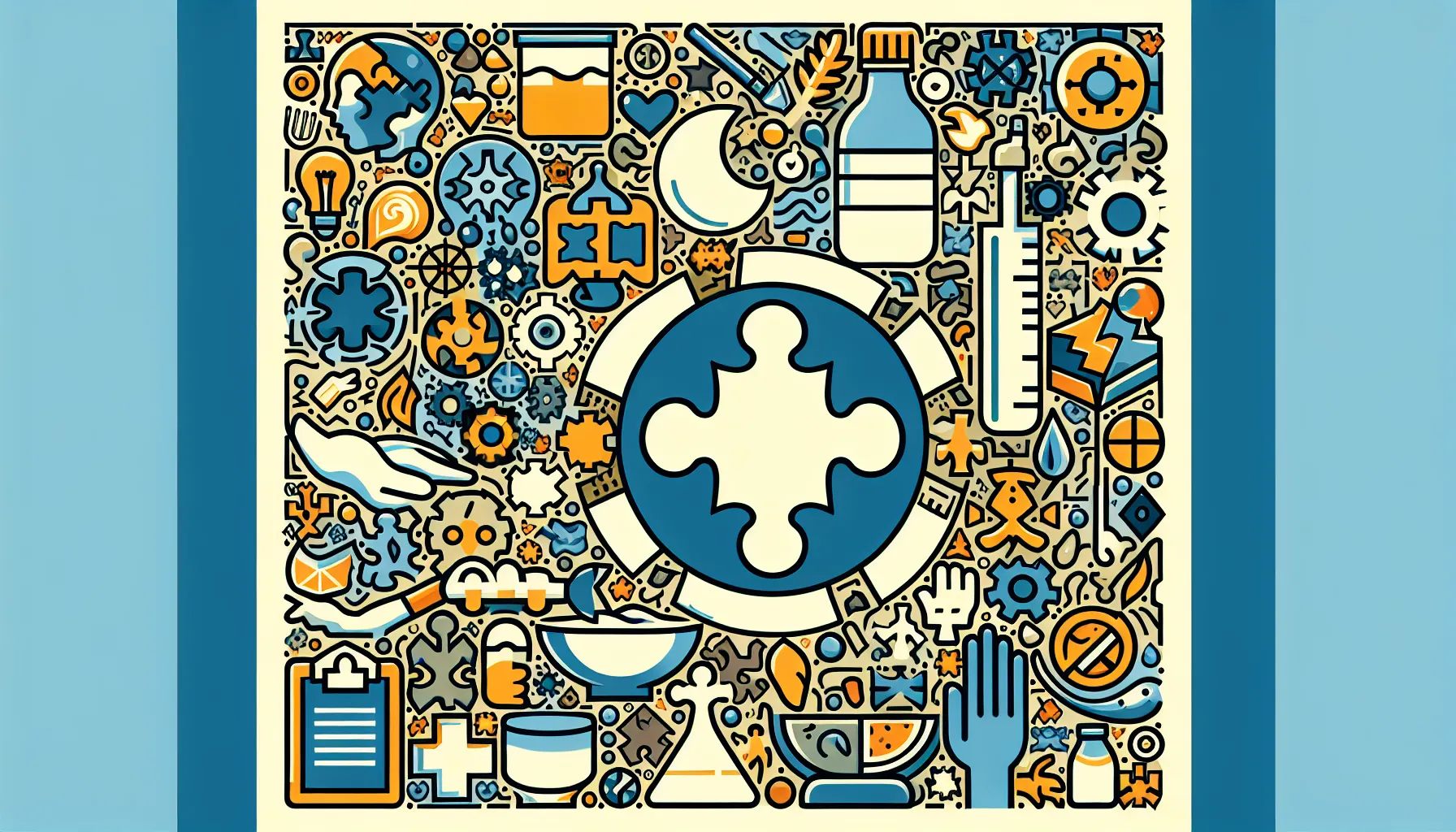


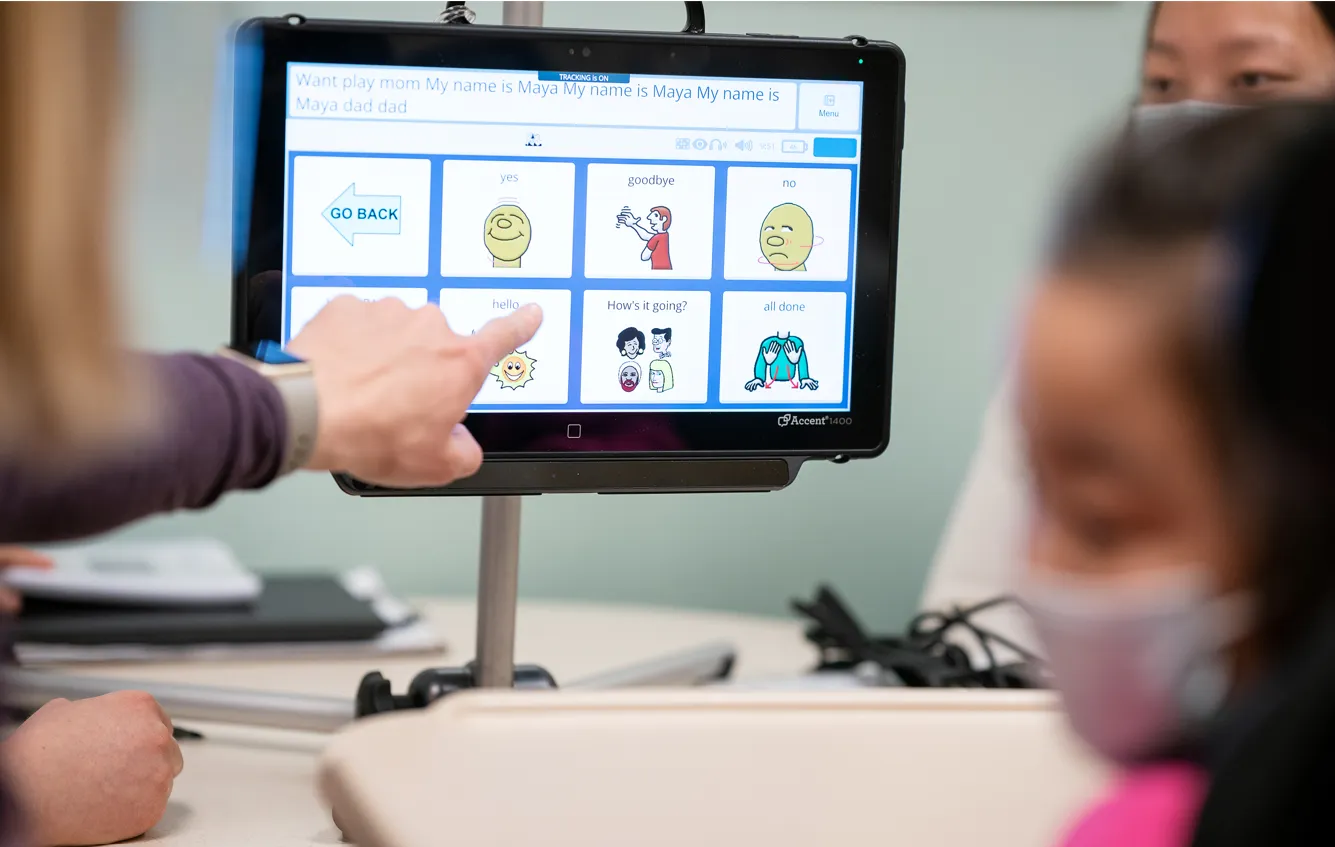

.jpeg)


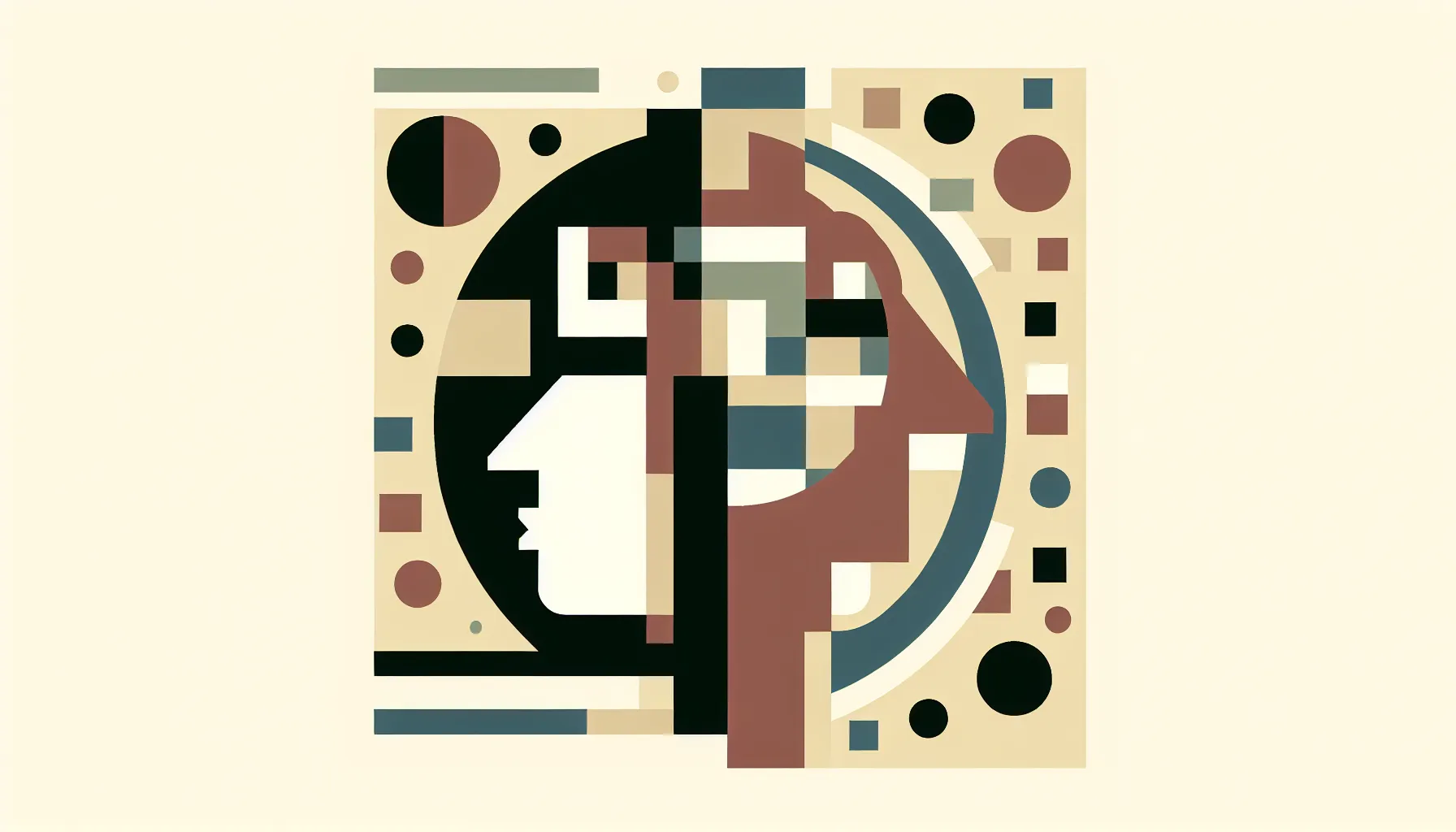

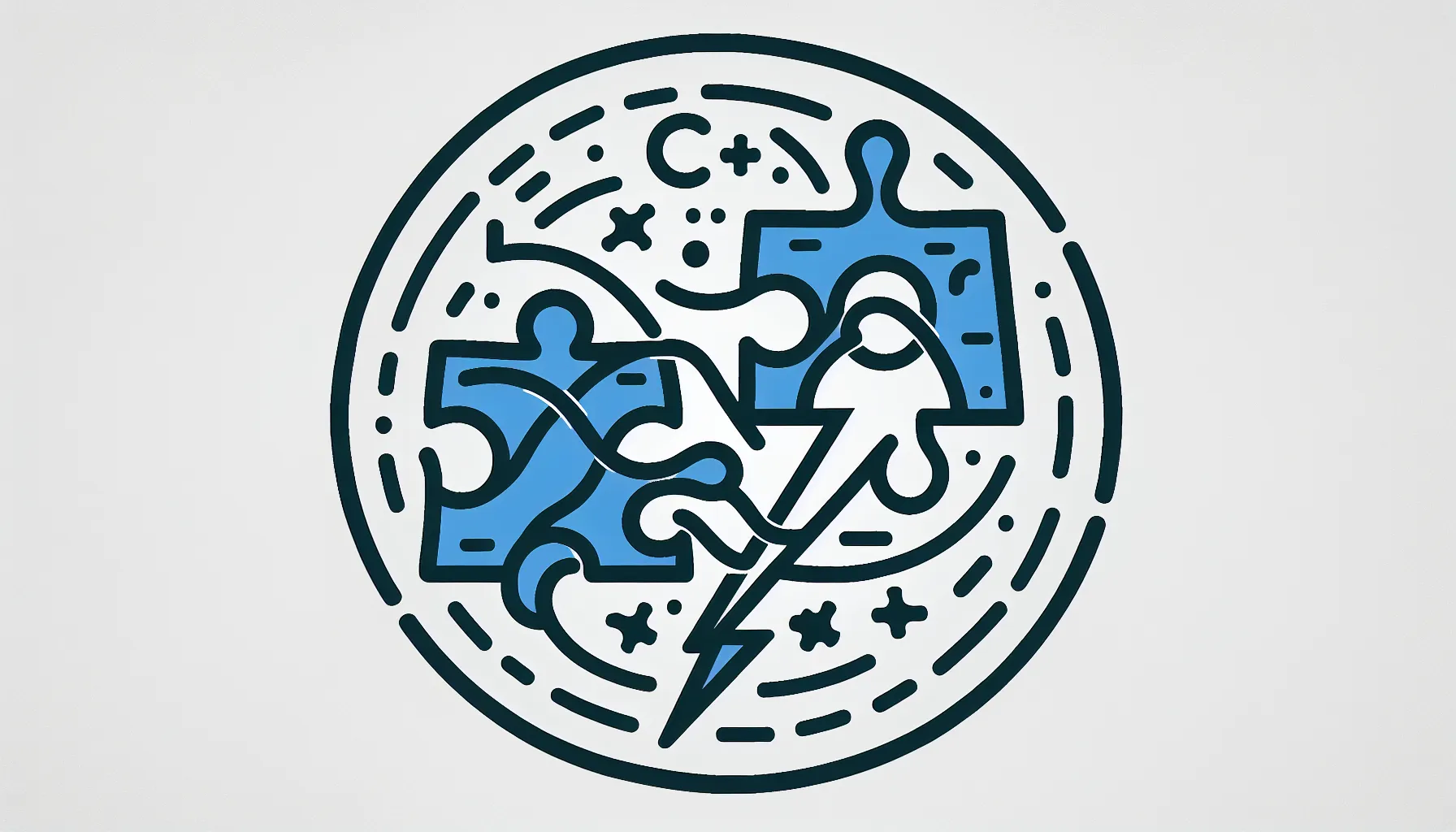

.jpeg)
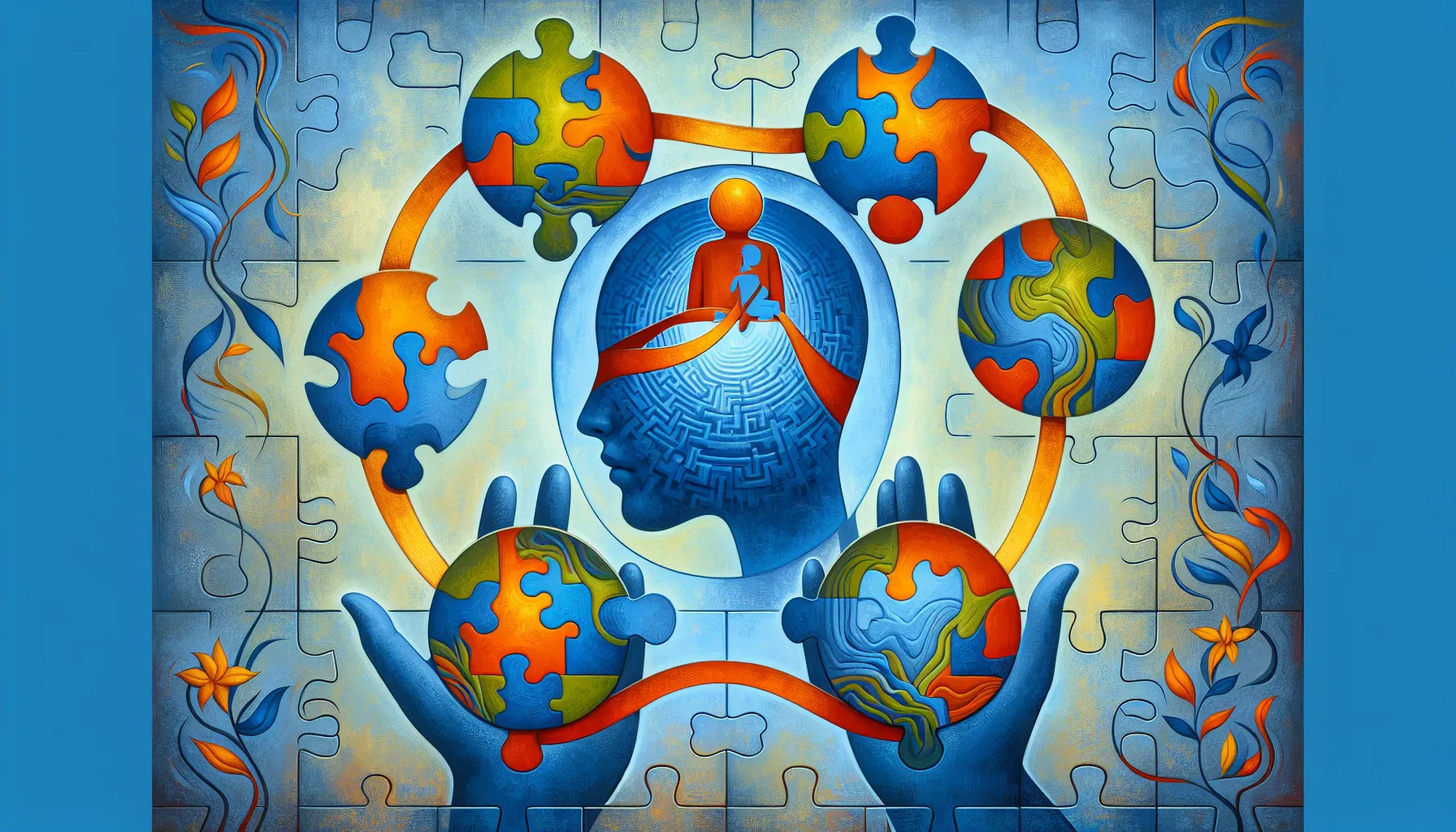



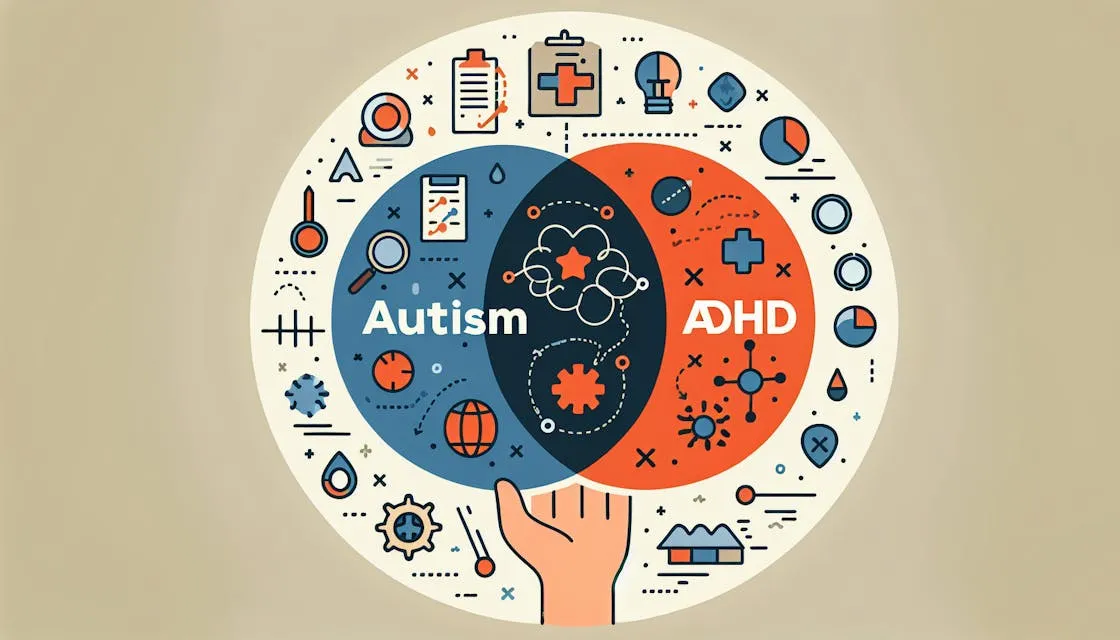
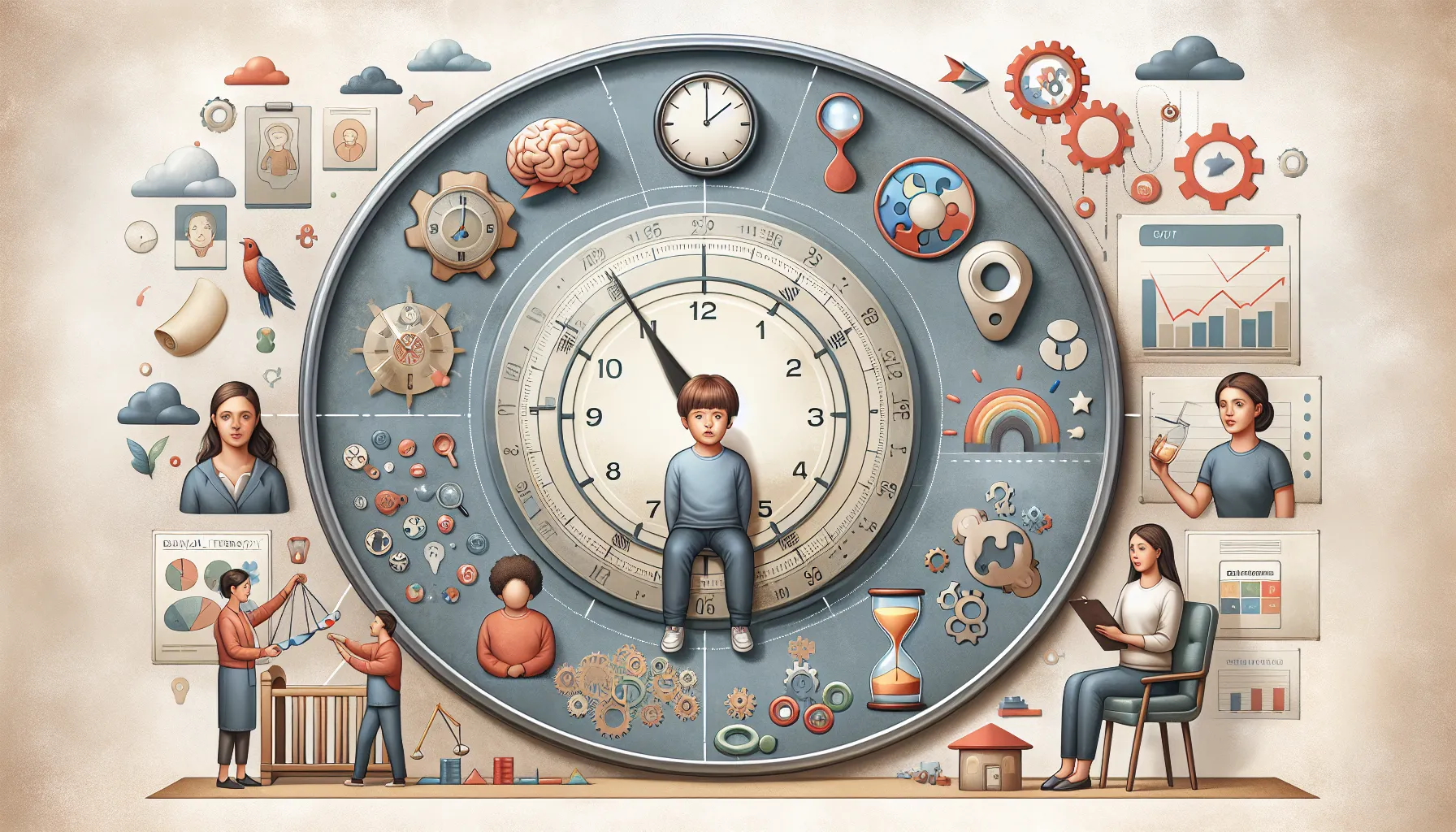
.webp)
